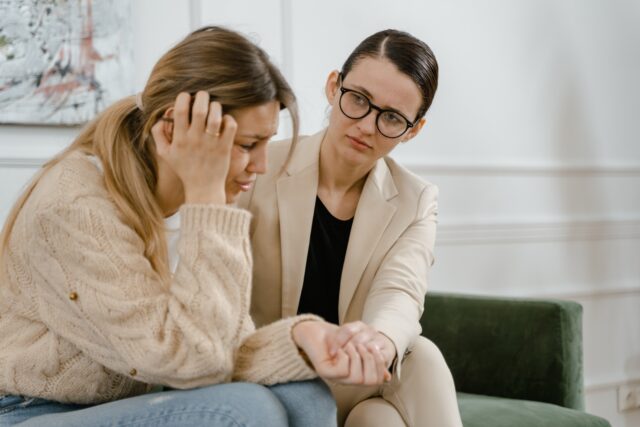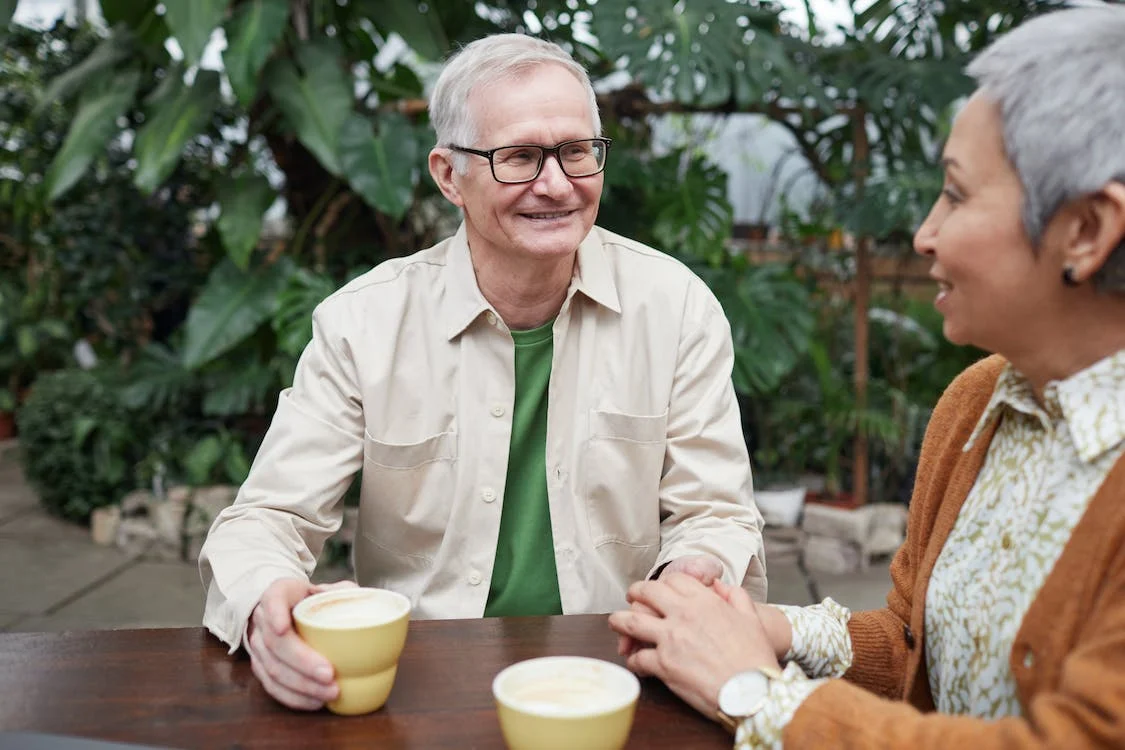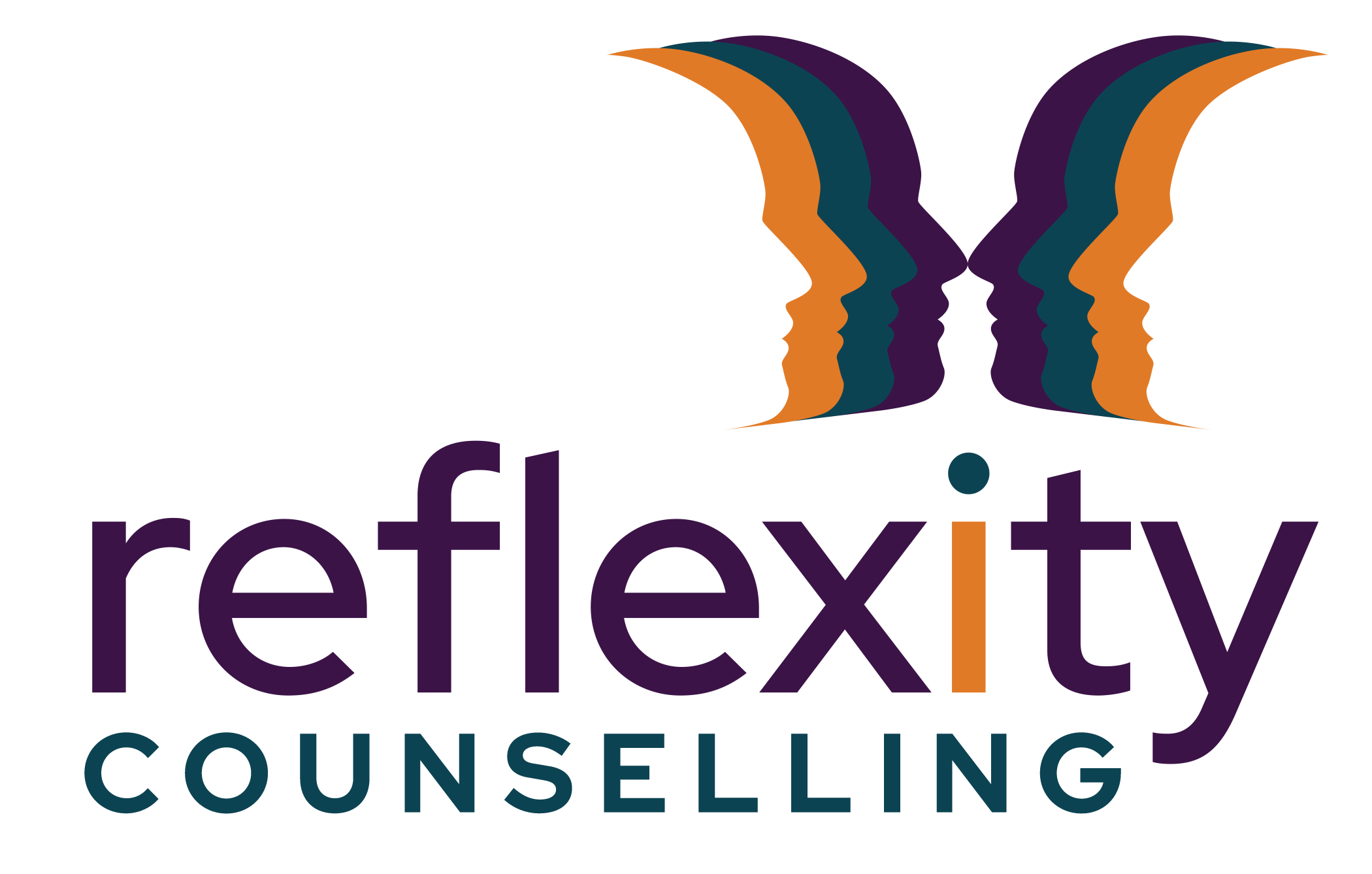As a medical student I worked for a year in palliative care. This was one of the most transforming times in my life.
Listening
Some patients who know they’re dying need to talk. They need someone to listen and, I could be that listening ear. The worst thing I could have done in that position was start suggesting solutions or give advice. When facing the end of life, unless people want to say sorry or make right with an individual, it’s not about fixing things; often they’re purely reflecting on life. Huge shifts can happen very quickly in this time or no shift may be necessary—it’s not for the listener to make a judgment, but witnessing this is massively powerful.
Regret, guilt and shame
At the end of a life there may come a urgency to put things right or an acceptance that things are just as they are. Listening to people’s stories, I had to put my own beliefs on one side. The pain experienced by someone who simply doesn’t have time to put things right is guttural and cannot be underestimated.
Some people hold onto shame (the belief that they’re a bad person) their entire lives. Needing to let go of this and the role of forgiveness in this maybe one of the last things they do.
Addressing the big questions
“What happens when you die?” becomes “What’s going to happen to me?”
Some people spend a lifetime avoiding the big questions; sitting with the dying is an incredible privilege. A strong belief system can be as powerful as an acceptance that we cannot know. The ability of the incredibly frail to express enormous emotions astounded me. You can spend a lifetime bottling up, pushing down or shunning emotions but when the time comes, an outpouring of sadness, despair, relief or of pure joy may be expressed in the most extraordinary of ways.
Why wait to express our emotions?! As a deeply sensitive human being, sitting in the sadness and despair sometimes felt unbearable but I knew it was bearable because I could see incredible strength in these patients.
Hope
Death may be one of the only certainties in life but what we do with this can shape the people we are. “Waiting to die” isn’t all about doom and gloom, palliative care is about making the end as comfortable as possible. It turns medicine on its head; doctors are taught to cure and prolong life at all costs, when this isn’t possible, quality over quantity is key. This experience has really shaped me and how I want to experience life. I’d rather have a few incredible experiences than tick thousands of things off a bucket list; I’d rather focus on a few meaningful relationships than hundreds of acquaintances.
Although I have an extensive background in mental health, I believe having started in medicine, I bring something else to the table. Seeing the whole human being, understanding that our physical health impacts our mental health and vice versa, having faced death with people, bringing these experiences enables me to be a more rounded counsellor. If you’d like to book a free, no obligation, initial consultation with me, please contact me here.



